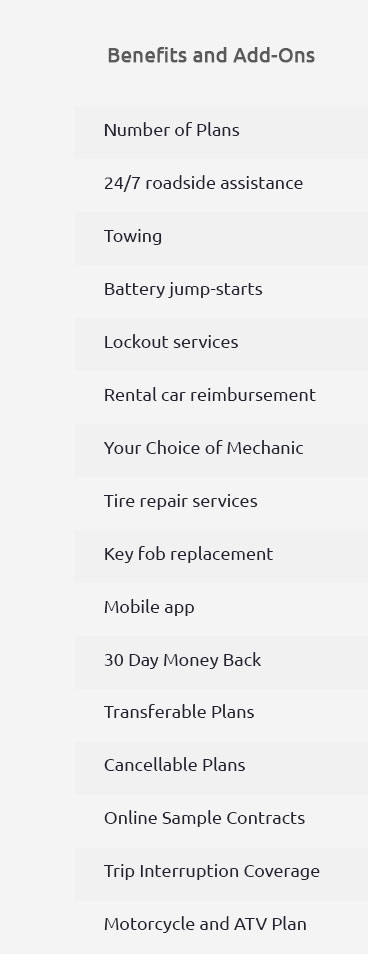 |
 |
 |
 |
 |
|||
 |
 |
|||
 |
 |
|||
 |
|||
 |
 |
 |
|
 |
|||
 |
|
 |
|
 |
|
 |
|
 |
|
 |
|
 |
|
 |
|
 |
 |
|||
 |
 |
|||

Understanding the Nuances of Buying Warranty Car RepairsIn today's rapidly evolving automotive landscape, the concept of purchasing warranty car repairs has garnered significant attention. As vehicles become increasingly sophisticated, laden with cutting-edge technology and complex systems, the potential for unforeseen mechanical failures escalates, making warranties more pertinent than ever. Navigating the myriad options available can be daunting, yet understanding the intricacies involved is crucial for making informed decisions. Comprehending the Basics: At its core, a car warranty serves as a promise from the manufacturer or warranty provider, ensuring the cost of certain repairs or replacements is covered should something go awry within a specified period or mileage limit. Two primary types of warranties prevail in the market: factory warranties, which are provided by the car manufacturer, and extended warranties, which can be purchased to extend the coverage period beyond the factory warranty. Factory warranties typically offer comprehensive coverage, including bumper-to-bumper warranties that address most vehicle components, alongside powertrain warranties focusing on the engine, transmission, and drivetrain. However, once these expire, vehicle owners often find themselves contemplating the purchase of an extended warranty, especially when considering the high cost of repairs for advanced electronic systems and hybrid components. Assessing the Necessity: The decision to invest in an extended warranty should be predicated on several factors.
Understanding the Fine Print: One cannot overemphasize the importance of scrutinizing the terms and conditions associated with warranty car repairs. It's imperative to discern what is and isn't covered, any deductible amounts, and the process for filing claims. Some warranties may have specific requirements, such as using authorized repair shops or adhering to a maintenance schedule, which, if not followed, could void the warranty. Exploring Alternative Options: While extended warranties offer a safeguard, they are not the sole option. Self-insuring by setting aside funds for potential repairs can be a viable alternative for some, particularly those with a robust understanding of their vehicle's mechanics and maintenance needs. Additionally, some credit cards offer limited warranty extensions as a benefit, potentially providing supplementary coverage. In conclusion, the decision to purchase warranty car repairs is not one-size-fits-all but rather a personal choice that should be informed by careful consideration of the vehicle's reliability, ownership plans, and financial situation. By thoroughly evaluating these aspects, vehicle owners can make prudent choices that align with their unique circumstances, ensuring they are prepared for whatever the road may bring. https://www.endurancewarranty.com/learning-center/extended-warranty/extended-warranty-vs-car-repair-insurance/
Car repair insurance is a form of auto insurance coverage that only protects a vehicle against mechanical failures. https://www.cars.com/car-warranty/money/best-extended-car-warranty-plans/
An extended car warranty is a type of insurance policy that covers the cost of repairs and replacement of certain vehicle parts after the ... https://www.creditkarma.com/auto/i/extended-car-warranty
An extended car warranty may help cover the cost of certain repairs to your vehicle when the manufacturer's warranty expires, but they're not for everyone.
|